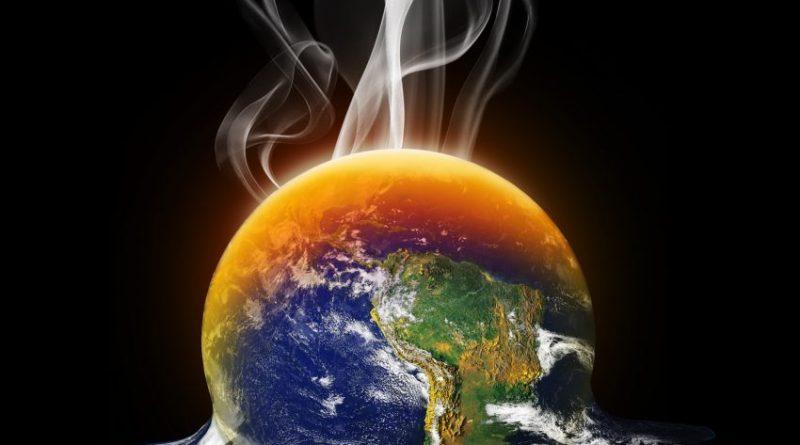The World exceeds 2-degree warming limit with disastrous and irreversible consequences
According to statistics released by a well-known climate scientist, the Earth’s temperature momentarily exceeded a critical level that has long been cause for concern among experts because it might have disastrous and irreversible effects on the world and its ecosystems.
According to preliminary statistics released on X by Samantha Burgess, deputy head of the European-based Copernicus Climate Change Service, the average global temperature on Friday of last week was more than 2 degrees Celsius hotter than pre-industrial levels for the first time.
The threshold was only briefly exceeded, so the world is not permanently warming above 2 degrees. Rather, it is a sign that the planet is becoming hotter and hotter and is heading toward a longer-term scenario in which it will be difficult, if not impossible, to undo the effects of the climate crisis. According to her, the world temperature reached 2.06°C on this day, the first time it had risen more than 2°C above 1850–1900 (or pre–industrial) levels.
It was the warmest November 17 on record, according to Burgess’ article, with global temperatures on Friday averaging 1.17 degrees higher than 1991–2020 averages. However, it was 2.06 degrees warmer than it was in pre-industrial periods, when people started using fossil fuels extensively and changing the planet’s natural climate.
Two weeks before the UN COP28 climate conference in Dubai begins, where nations will assess their progress toward the Paris Climate Agreement pledge to limit global warming to 2 degrees above pre-industrial levels, with an aim of limiting it to 1.5 degrees, the 2 degrees barrier was crossed on Friday.
Burgess told CNN that an increase in temperature of one day above 2 degrees Celsius “does not mean that the Paris Agreement has been breached, but highlights how we are approaching those internationally agreed limits.” Over the upcoming months and years, we should anticipate an increase in the frequency of 1.5 degree and 2 degree days. The preliminary nature of Copernicus’ data necessitates weeks for confirmation through actual observations. In the coming years, the globe appears to be headed toward a longer-term temperature increase of more than 1.5 degrees Celsius, above which scientists predict it will be difficult for ecosystems and people to adapt.
A UN assessment released on Monday indicated that the planet will rise by 2.5 to 2.9 degrees Celsius this century, even if nations fulfilled their present commitments to reduce emissions.
However, 1.5 is not the Earth’s breaking point; rather, the consequences will get worse the more degrees the planet warms beyond that. A 2 degree increase in temperature raises the probability of the globe reaching irreversible tipping points, such as the collapse of the polar ice sheets and the mass extinction of coral reefs, and puts a considerably larger proportion of the population at danger of catastrophic extreme weather.
The breach, according to Richard Allan, a climate science professor at the University of Reading in the United Kingdom, “underscores the urgency of tackling greenhouse gas emissions” and is a “canary in the coalmine.”
But before the real 2 degrees Celsius objective is broken over several years, he stated that it was “entirely expected that single days will surpass 2 degrees above pre-industrial.”
The data is released following the hottest year on record and a year marked by extreme weather events amplified by the climate crisis, which resulted in fatalities from storms in the Mediterranean, fires in Hawaii, and floods in northern Africa. More and more scientists are voicing concern over temperature data that exceeds their projections.
Recent weeks have seen a surge in publications assessing the state of the Earth’s climate and human efforts to ameliorate it. These assessments reveal that the planet is rapidly approaching a dangerous degree of warming and that not enough is being done to mitigate or adapt to its effects.
According to national climate plans, planet-heating pollution in 2030 would still be 9% greater than it was in 2010, according to a UN assessment released last week. The Intergovernmental Panel on Climate Change estimates that in order to keep global warming to 1.5 degrees Celsius over pre-industrial levels, emissions must be reduced by 45% by the end of this decade compared to 2010. A 9% increase indicates that the goal is well off.
The globe is preparing to exceed the fossil fuel output cap, which would contain global warming, according to a different UN report. Countries want to produce more than twice as much fossil fuel by 2030 in order to keep global warming to 1.5 degrees. SOURCE: By Angela Dewan and Laura Paddison, CNN




